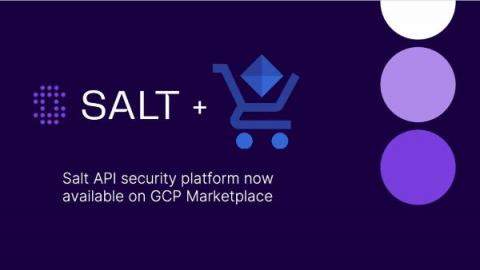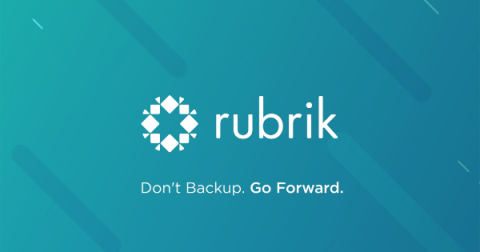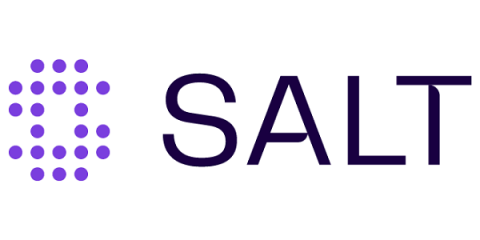Security | Threat Detection | Cyberattacks | DevSecOps | Compliance
API
Wallarm - Addressing CISOs Priorities In 2023: Wallarm API Security Democast
With Availability on Google Cloud Marketplace, Salt Now Hits the Cloud Trifecta
Today we announced the immediate availability of the Salt Security API Protection Platform on Google Cloud Marketplace and our acceptance to the Google Partner Advantage program! Salt now provides the cloud trifecta, enabling customers to adopt the Salt platform on the AWS Marketplace (followed by the AWS ISV Accelerate Program), on the Microsoft Azure Marketplace, and now on Google Cloud!
Solving Your API Leaks Challenge: Wallarm Launches API Leak Solution
T-Mobile API Breach - What Went Wrong?
Last week, T-Mobile disclosed that the personally identifiable information (PII) of 37 million of its past and present customers had been breached in an API attack. They also shared that the attack had been going on since November but was only caught January 5 by T-Mobile’s security team. Coverage of the attack has been swift, far-reaching, and harsh, as this represents T-Mobile’s 8th breach since 2018.
Rubrik Security Cloud: Transition from REST to GraphQL (GQL) APIs
With the release of Rubrik Security Cloud (RSC), our global customers can now consolidate management of their Rubrik estate to a single control plane. This significant improvement in management capabilities also allows customers to leverage the power of RSC’s GraphQL (GQL) APIs for their automation and management needs.
API Security Fundamentals: Everything You Need To Know
In the world of cybersecurity, the spotlight often shines on protecting applications, networks, and individual accounts. Application programming interfaces (APIs), on the other hand, present their own set of challenges to secure. APIs account for a significant portion of internet traffic and handle massive amounts of information from a wide variety of programs and applications; consequently, they make for an appealing target in the eyes of cybercriminals.
How Aon Approaches API Security
4 Things to Know about Your Car and API Security
It used to be cool if your car had GPS and a dashboard screen, remote lock on a key, and a video player for the kids to watch movies during road trips. Then came bluetooth for your phone and keyless start. Not anymore. The bells and whistles available in today’s cars have left them all in the dust. Video player? Let’s be honest. This generation knows and expects on-demand streaming to keep them entertained. Cars can now function as fully equipped communications centers.
Identity Verification APIs Explained: Identity Verification Services in India
Over the last 3 years, Identity Verification in India has seen a marginal boost in the number of verifications conducted digitally. The market growth in the identity verification sector comes as an effect of the disastrous pandemic that caused record-high identity theft, ATOs, and numerous other frauds all initiated through fake identities, resulting in rapid innovation in identity verification API.











